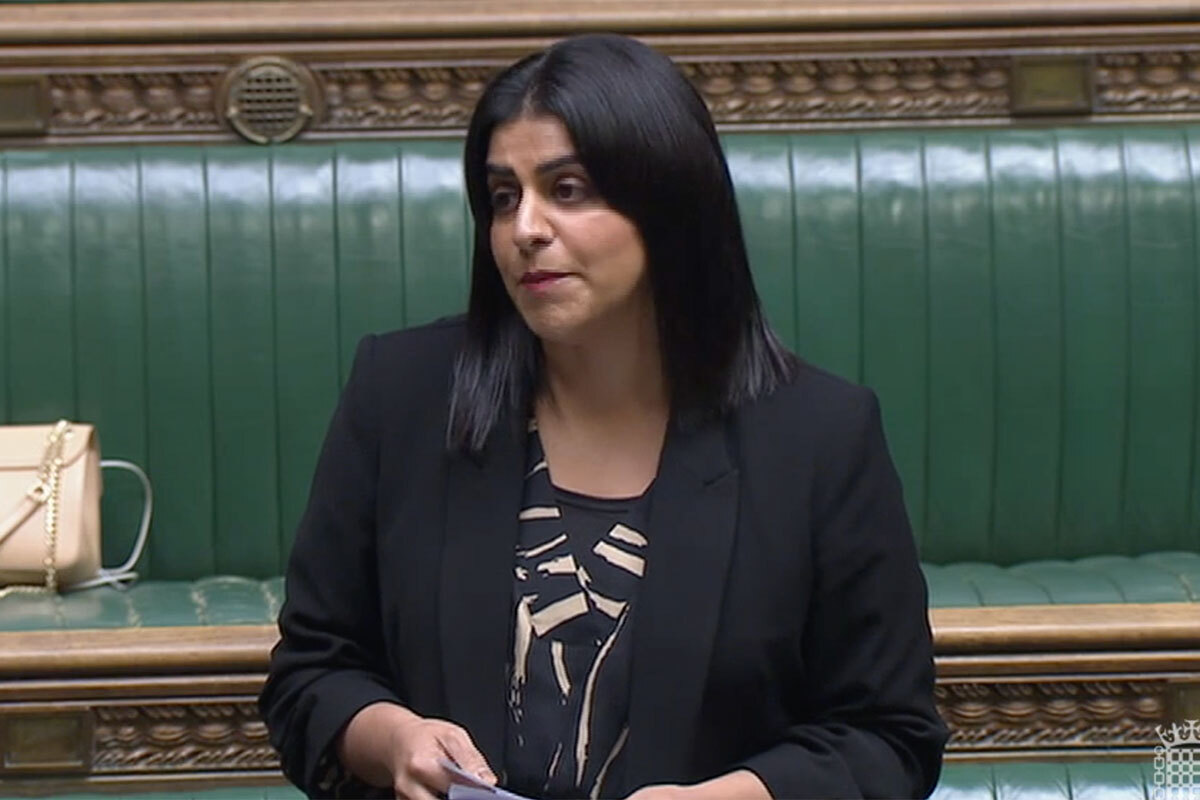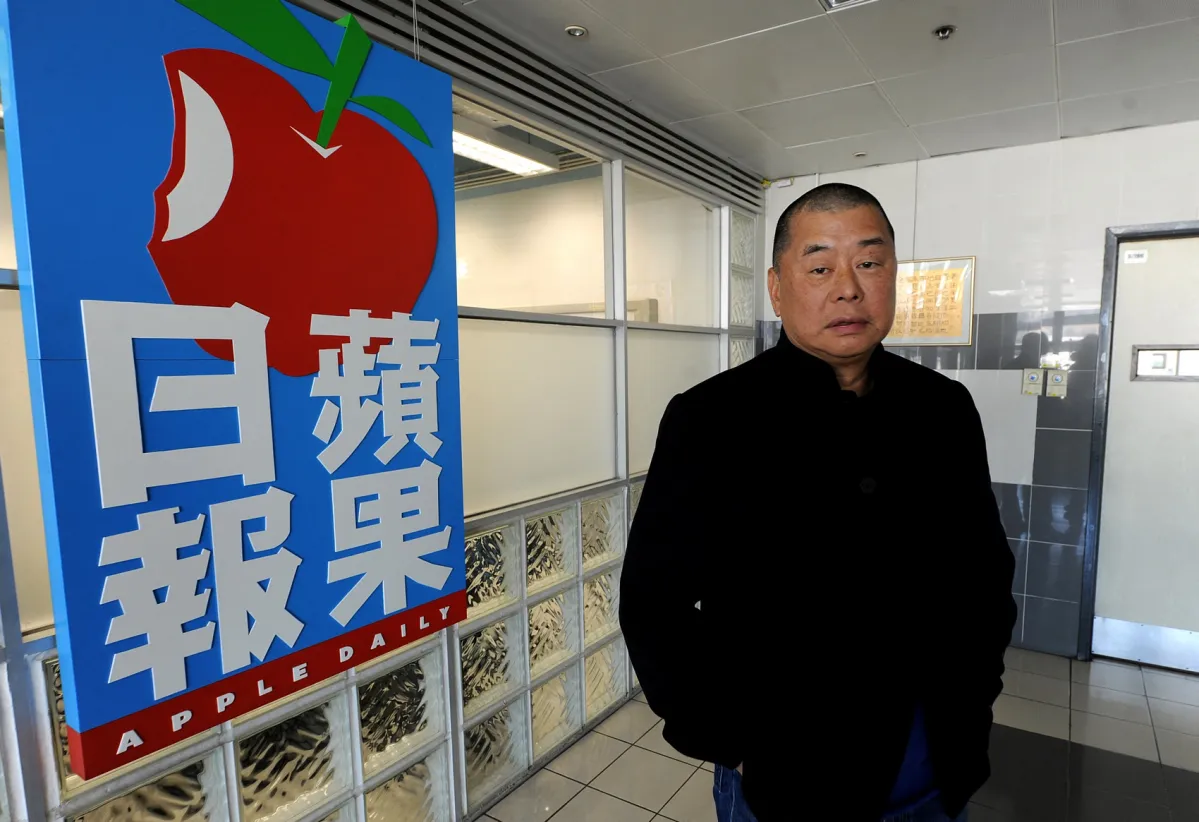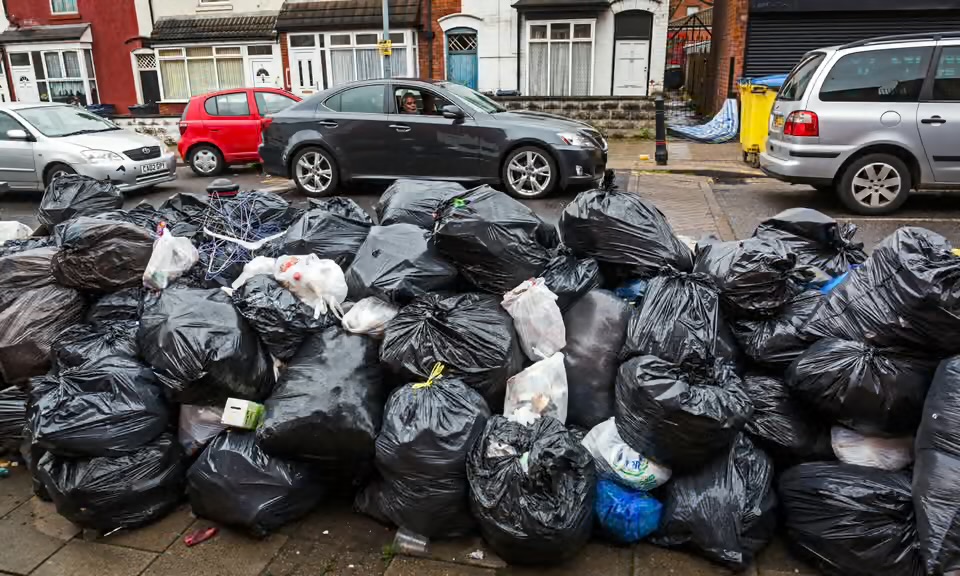The UK government has announced emergency legislation to halt the implementation of new sentencing guidelines, which were originally set to take effect on April 1st. The controversial guidelines, introduced by the Sentencing Council for England and Wales, aimed to instruct judges to consider the social and economic disadvantages of offenders from ethnic minority backgrounds, religious minorities, young people, women, and pregnant individuals when determining sentences. However, facing strong political and public backlash, the government has moved swiftly to block these changes.
Sentencing Council Pauses Implementation
In a sudden development, the Sentencing Council has now announced that it will pause the implementation of the new guidelines. While this removes the immediate need for emergency legislation, it is unclear whether the policy will be permanently scrapped or simply revised for a future rollout. This back-and-forth highlights the growing tension between the government’s push for tougher sentencing policies and efforts by judicial bodies to introduce considerations of systemic inequalities within the justice system.
How Does This Impact Hong Kongers in the UK?
1. Legal Protections No Longer in Play
Although the new guidelines were not specifically designed for Hong Kongers, they could have provided some indirect benefits. Many BNO visa holders face challenges adapting to life in the UK, and a sentencing approach that considers individual backgrounds may have allowed courts to take these difficulties into account. With the policy now suspended, those facing legal issues will be judged purely under existing sentencing laws without additional mitigating considerations.
2. Changing Public and Political Sentiment
Critics of the proposed guidelines argued that they introduced a double standard, giving preferential treatment to certain groups. Now that the policy has been blocked, the political narrative has shifted toward “equal treatment under the law” rather than acknowledging societal disadvantages. For Hong Kongers, this could be an early signal that British public discourse around minority rights and protections is heading in a more conservative direction.
3. A Sign of Broader Policy Shifts?
The UK government has taken an increasingly firm stance on law and order, and this latest move suggests a broader trend of tightening policies rather than expanding legal protections for specific groups. While the BNO visa scheme remains intact, this development raises concerns about future policies that may affect the rights and status of Hong Kongers in the UK. Could this be the start of a shift toward stricter immigration and social policies? Time will tell.
Conclusion: A Political Victory for the Government, but Uncertainty Remains
With the Sentencing Council pausing its guidelines, the government has secured a political win by positioning itself as a defender of equal justice. However, this episode reveals deeper ideological battles over how justice should be administered and whether systemic inequalities should be considered in sentencing. For Hong Kongers in the UK, this serves as a reminder to remain vigilant about policy changes that could impact their rights, legal protections, and social standing in their new home.
As this situation develops, it will be crucial to monitor whether the Sentencing Council revives its proposal in a modified form or whether this marks the end of its attempt to introduce such considerations into UK law.




